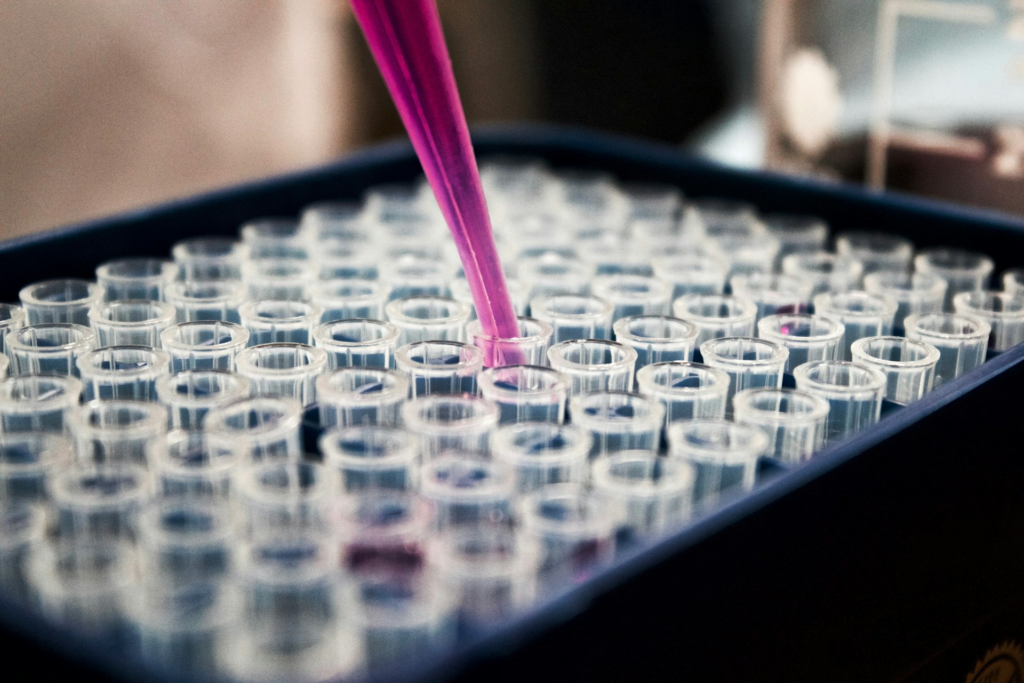Rooted in the simulation of human intelligence by computer systems and machines, AI has the potential to transform how humans learn, work and interact with one another in every aspect of life. It’s also primed to revolutionize the pharmaceutical industry.
Pharma companies that truly embrace AI can run parallel clinical trials for the same drug as a single agent or in combinations targeting multiple diseases where the drug is predicted to work. This approach may help address several diseases simultaneously and drive profits while the drug is still on patent.
Generative AI systems can also track company leadership and researchers responsible for key decisions from program initiation to completion. Generative AI platforms trained on pharma data can be initiated as multi-agent systems to help hire and track the performance of pharmaceutical executives, assist with objective-oriented business development, licensing, and acquisitions, and provide real-time reporting on results and progress.
Many pharma companies have changed their CEOs at least once. Every time there is a change in management, changes in research and development follow. The new bosses may cut or increase the internal R&D, but they almost always shift the focus from one industry to another.
This is where MRINetwork recruiters focused on the pharmaceutical industry come into play. They are keenly aware of the impact that AI will have on the hiring and retention of key players on the front lines of the industry. They know that their client companies need to prioritize accountability and real-time reporting on both internal R&D and external partnerships. These decisions can be made much better with the use of the latest generative AI platforms administered by the most qualified professionals.
The pharma industry faces mounting pressures to discover and develop new drugs faster and at lower costs. AI has emerged as a promising tool to help overcome long-standing challenges like high failure rates, lengthy development timelines, and resource inefficiency.

Connect with MRINetwork